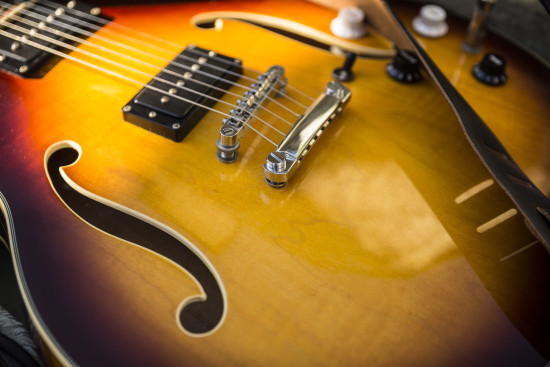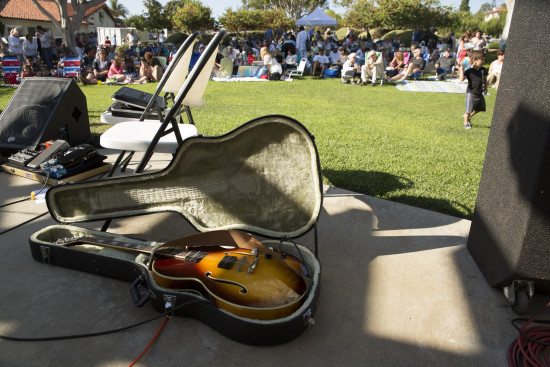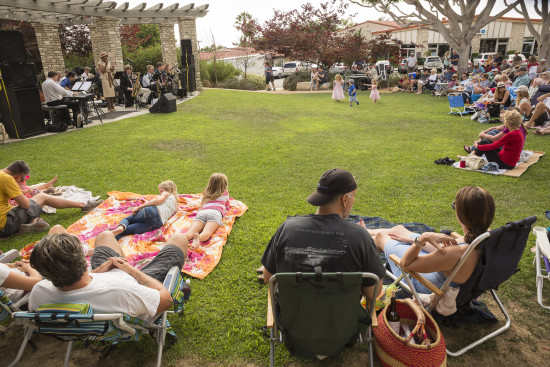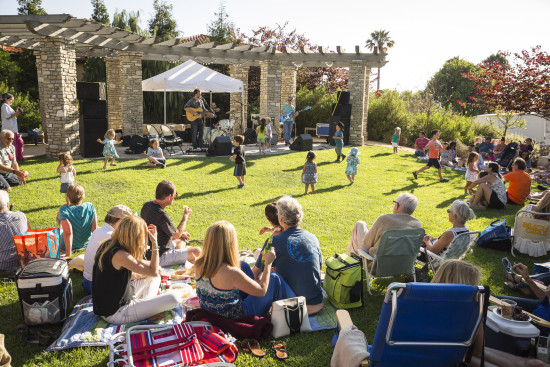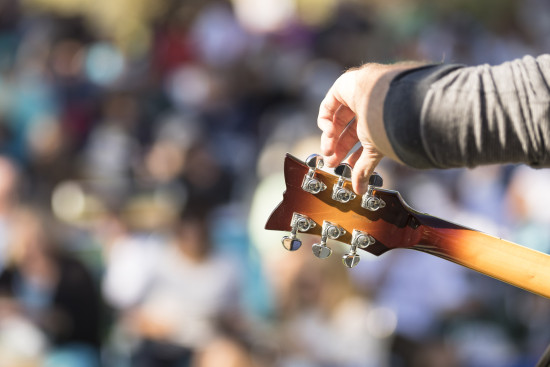Take a look at these two photos below. They were taken just seconds apart.
One is a professional image that could sell over and over again as stock. The other is a snapshot (probably destined for my trash folder). Can you guess which is which?
Lori asked me to break down some of what I do because when you’re starting out, there’s nothing more frustrating than an image in your mind that doesn’t come out of the camera the way you imagine it.
Take this summer concert series in my community, for example…
These concerts take place in the late afternoon in a small outdoor park with a lawn area surrounded by trees. The conditions for the first concert I shot were ideal—slightly overcast and hazy sun. In this case, it was easy to shoot from just about every angle and not worry about lighting.
Two weeks later, for my second concert, the conditions were just the opposite—a bright cloudless day, harsh glare from parked cars, and dark shadows from the trees that created heavy contrast.
See all those shadows that are virtually non-existent in the first photo?
When you’re faced with taking photos in harsh conditions like this, you have to be more selective about what you shoot and from what angles.
Getting in close helps (like in that guitar photo above). As does shooting in the shade.
Distracting elements that don’t belong in your photo are: random folding chairs, crumpled blankets, a stray arm or leg from a concert goer, trash or trash cans.
Your images will be much stronger if you can get in close and crop out all these things. Likewise, dappled light is also a distraction. Look for places and things evenly lit under a tree or tent.
I applied the same idea to the musicians once they showed up on stage…
Here I chose to focus just on the headstock of the guitar as the musician tuned it. I shot with the widest aperture of my zoom lens, blurring out the background audience. You can tell there are people there… but your eye is drawn to the arm and guitar which are in focus and also the brightest element in the photo.
One of the greatest tricks in photography is not what to put into your photograph… but knowing what to leave out.
Travel Photography Resources
5 Dos and 2 Don’ts for Travel Photography
Take Great Photos And Get Paid More For Your Travel Articles
Turning a Photography Hobby into a Monthly Income
The Pros Of Selling Your Images As Stock Photography
16 Mobile Photography Tips And Tricks Every Photographer Should Know

